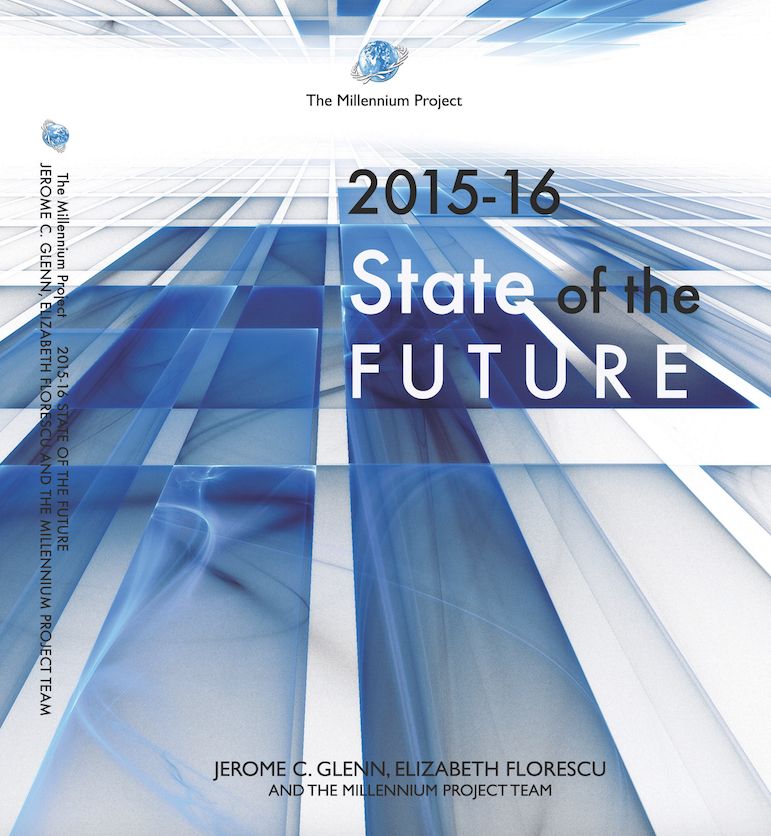Aug 30, 2015
AI Dangerous for Economics? The Other Threat Flying Under Radars
Posted by Dan Faggella in categories: economics, machine learning, security
Dr. Nils J. Nilsson spent almost a lifetime in the field of Artificial Intelligence (AI) before writing and publishing his book, The Quest for Artificial Intelligence (2009). I recently had the opportunity to speak with the former Stanford computer science professor, now retired at the age of 82, and reflect on the earlier accomplishments that have led to some of the current trends in AI, as well as the serious economic and security considerations that need to be made about AI as society moves ahead in the coming decades.
The Early AI that Powers Today’s Trends
One key contribution of early AI developments included rules-based expert systems, such as MYCIN, which was developed in the mid-1970s by Ted Shortliffe and colleagues at Stanford University. The information built into the diagnostic system was gleaned from medical diagnosticians, and the system would then ask questions based on that information. A person could then type in answers about a patient’s tests, symptoms, etc., and the program would then attempt to diagnose diseases and prescribe therapy.
“Bringing us more up to the future was the occurrence of huge databases (in the 1990s) — sometimes called big data — and the ability of computers to mine that data and find information and make inferences,” remarks Nils. This made possible the new work on face recognition, speech recognition, and language translation. “AI really had what might be called a take off at this time.” Both of these technologies also feed into the launch of IBM’s Watson Healthcare, which combines advanced rules-based systems with big data capabilities and promises to give healthcare providers access to powerful tools in a cloud-based data sharing hub.
Work in neural networks, another catalyst, went through two phases, an earlier phase in the 1950s and 1960s and a latter phase in the 1980s and 1990s. “The second phase (of neural networks) allowed…people to make changes in the connected strength in those networks and multiple layers, and this allowed neural networks that can steer and drive automobiles.” More primitive networks led to the cutting-edge work being done by today’s scientists in the self-driven automobile industry via companies like Tesla and Google.
Continue reading “AI Dangerous for Economics? The Other Threat Flying Under Radars” »

 Long time ago I was wondering why not to use drones (
Long time ago I was wondering why not to use drones (











